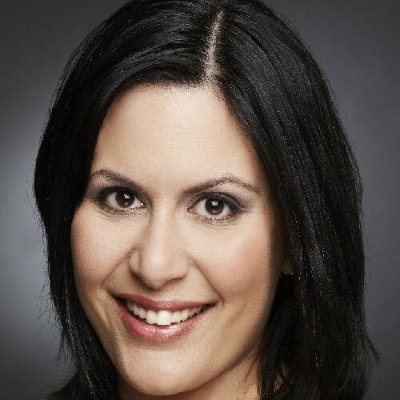 Blog by Dr. Sarah Anne Goffin, Medical Science Liaison at Sanofi
Blog by Dr. Sarah Anne Goffin, Medical Science Liaison at Sanofi
I come from a family of healthcare professionals and have always been passionate about science, so pharmacy seemed to be a perfect fit for me.
I undertook my undergraduate at the University of East Anglia between 2006 and 2010 and completed my pre-registration year in 2011. As I worked part-time as a counter assistant in community during my degree I wanted to take the opportunity to increase my experience in hospital pharmacy.
At the end of my pre-registration year I reached a dichotomy: I loved the healthcare and clinical aspects but was starting to miss the core science that I covered during my undergraduate. I therefore decided to pursue a PhD in Medicinal Chemistry entitled ‘Targeting the p53/MDM2 protein-protein interaction’ at the University of East Anglia.
During my PhD I was fortunate to present my research both at National and International Congress as well as publish two papers on my areas of research. The PhD was incredibly tough but really enabled me to hone my research skills and independent thinking, as well as critical appraisal and presentation skills. I had, however, realised that bench-side research was not the career for me long-term, as I missed the patient focus and a more structured lifestyle.
I graduated from my PhD in 2016 and decided to locum in community pharmacy/private hospital pharmacy for some time, which gave me the fantastic opportunities to travel and volunteer overseas. Whilst this served me well for some time, I found myself once again missing the core science and the scientific discussions that I had during my PhD.
Finally, it was by some stroke of luck that I discovered the MSL role: I was well aware of pharmaceutical representatives, but had never come across this role, which I initially interpreted as field-based medicines information (but have subsequently learned and experienced that there is so much more to it!).
I have now been an MSL for about 2.5 years and for me it really has been the best job that I have had: I work an area, have a fair degree of autonomy in my work, I am still heavily involved in the science of our products and able to have conversations with key opinion leaders within my therapeutic field.
Parallels between sectors
Communication skills are VITAL in this role: whilst the nature of the interactions that are had with healthcare professionals differ from what one would do in clinical roles (I am not working in the capacity of a healthcare professional here), being able to communicate scientific concepts, as well as empathise and help to problem-solve challenges that customers may have are absolutely key points of the role.
A core understanding is also very useful in terms of internal discussions relating to adverse events or pharmacokinetics of products: my knowledge of pharmacokinetics and pharmacodynamics has been able to permit me to engage in internal discussions relating to theoretical interactions or risks that could require mitigation. I also feel that this is strongly supported by research experience too!
Transferable skills
To be an MSL, it is vital to be able to critically appraise and present data, have an understanding of pharmaceutical calculations and be able to translate high-level science into training for the commercial teams as well as the clinical potentials.
The pharmaceutical industry is also tightly regulated and has its own code of practice. Pharmacists are well-equipped to understand the professional decision making and behaviours of this code, which do have some overlap with the GPhC guidance
If you work in community or hospital and want to get into industry, where do you start?
For an MSL role, whilst a PhD is not always required many job adverts will request it. The discipline is less important, but in the minds of the recruiters shows that you will have had a strong experience in research, which as mentioned previously is very important for MSLs.
Being able to demonstrate a background in the therapeutic area that you are applying for is useful. I used the fact that I had done a rotation in my current discipline when applying for my current role, which served in my favour.
Whilst I am an MSL and I truly love my role, there are many different career opportunities in pharma for pharmacists. These range from compliance to health outcomes, medical information to pharmacovigilance, to name but a few.
The longer that I am in post I would definitely say that knowledge of the NHS structure and challenges is becoming ever more important, particularly in terms of identifying customer needs and investigating if the pharmaceutical industry can support them in any way.
Development opportunities
There is a great opportunity to develop your skills and career both within your function (e.g. medical) and outside. Due to the wide variety of roles in pharma, training and development tends to encompass wider areas such as:
- Presentation skills
- Pharmaceutical calculations
- ABPI code of practice upskilling
- Project management
- Critical appraisal
- Stakeholder engagement
- Coaching
What I like about the pharmaceutical industry is that there are numerous opportunities to develop and upskill depending on what you would like to achieve. I have had a great deal of support from my colleagues and mentors regarding development.
Much of the training is web-based and you are expected to complete in your own time, however there are also face-to-face trainings that are usually organised around company congresses. As part of my continuing professional development, revalidation and faculty portfolios, I utilise all of these opportunities, as well as my learnings that I get through attending external congresses.
Find out more about opportunities in the pharmaceutical industry.